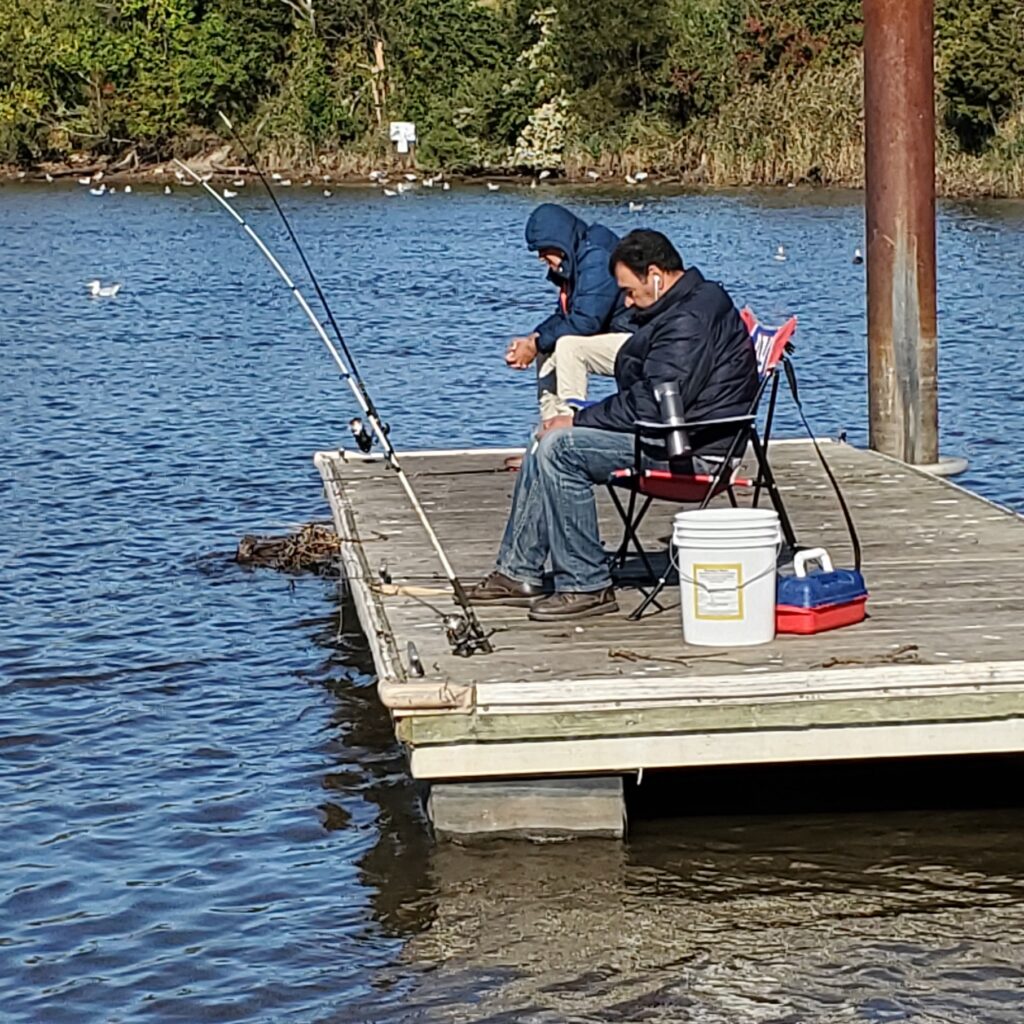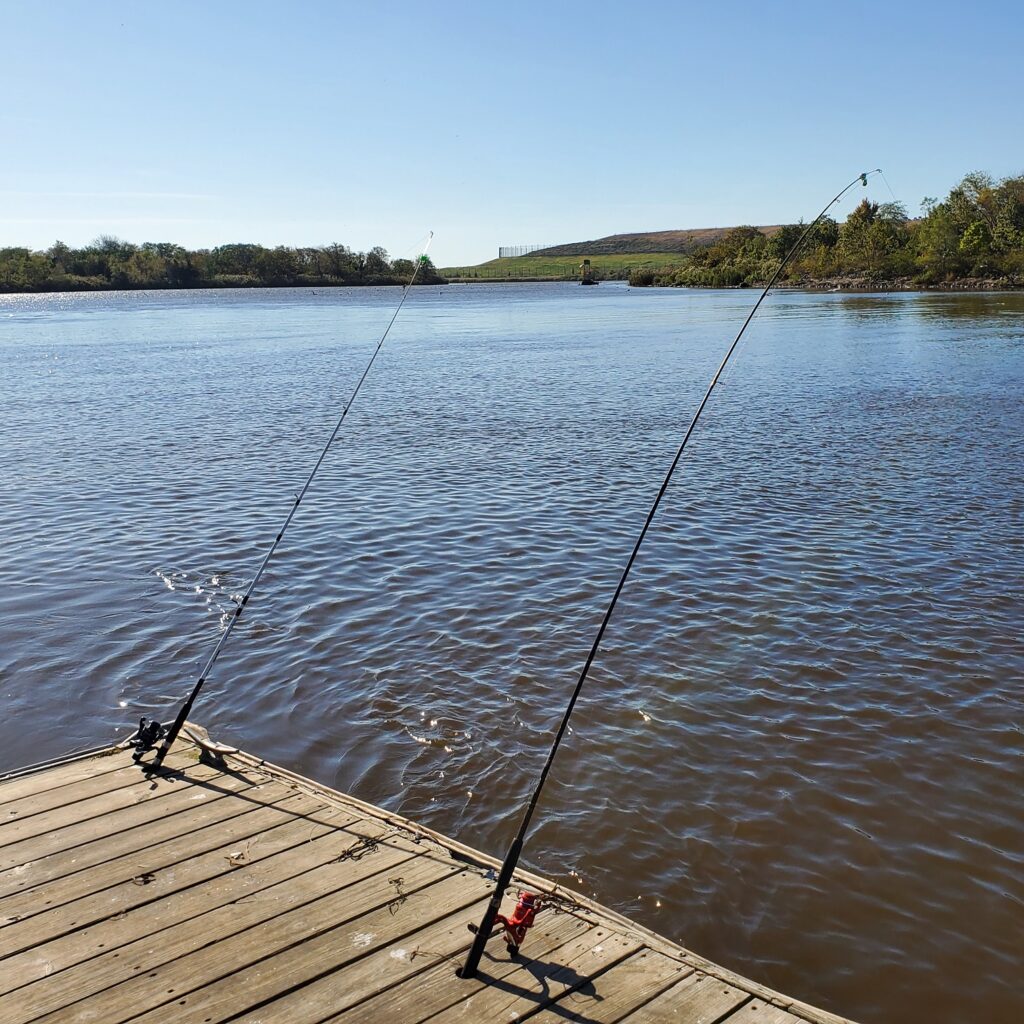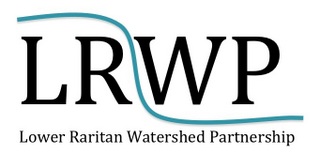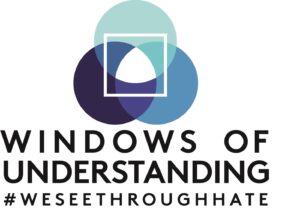Lower Raritan Pathogen Results for 10.15.2020
The LRWP and Rutgers Cooperative Extension of Middlesex County monitor for Fecal Coliform and Enterococcus at six non-swimming public beach access sites along the Lower Raritan during the warmer summer months. Fecal Coliform and Enterococcus are indicators of disease-causing bacteria in our waterways.
The EPA recommends that a single Enterococcus sample be less than 110 Colony Forming Units (CFU)/100mL for primary contact. Enterococci levels are used as indicators of the possible presence of disease-causing bacteria in recreational waters. Such pathogens may pose health risks to people fishing and swimming in a water body. Sources of bacteria include Combined Sewer Overflows (CSOs), improperly functioning wastewater treatment plants, stormwater runoff, leaking septic systems, animal carcasses, and runoff from manure storage areas. Enterococci levels are often high after heavy or consistent rainfall.
Below are our pathogens results for October 15, 2020.
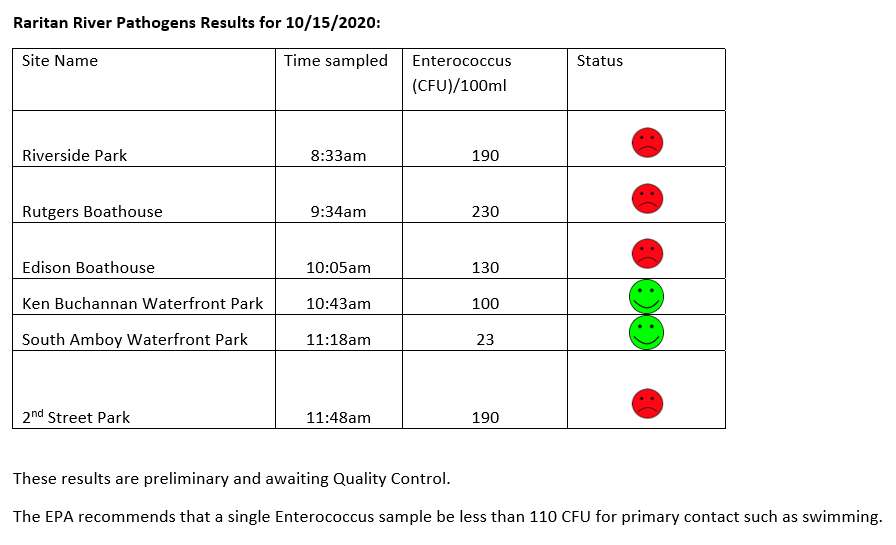
Field notes for 10.15.2020
What a beautiful day for monitoring! Americorps Watershed Ambassador Caitlin DiCara helped us out with monitoring. We were also joined at our Piscataway and New Brunswick sites by our Windows of Understanding 2021 artist Marcia Shiffman. Marcia’s work for 2021 will focus on communicating the “hidden” social justice issue of inequitable access to nature.
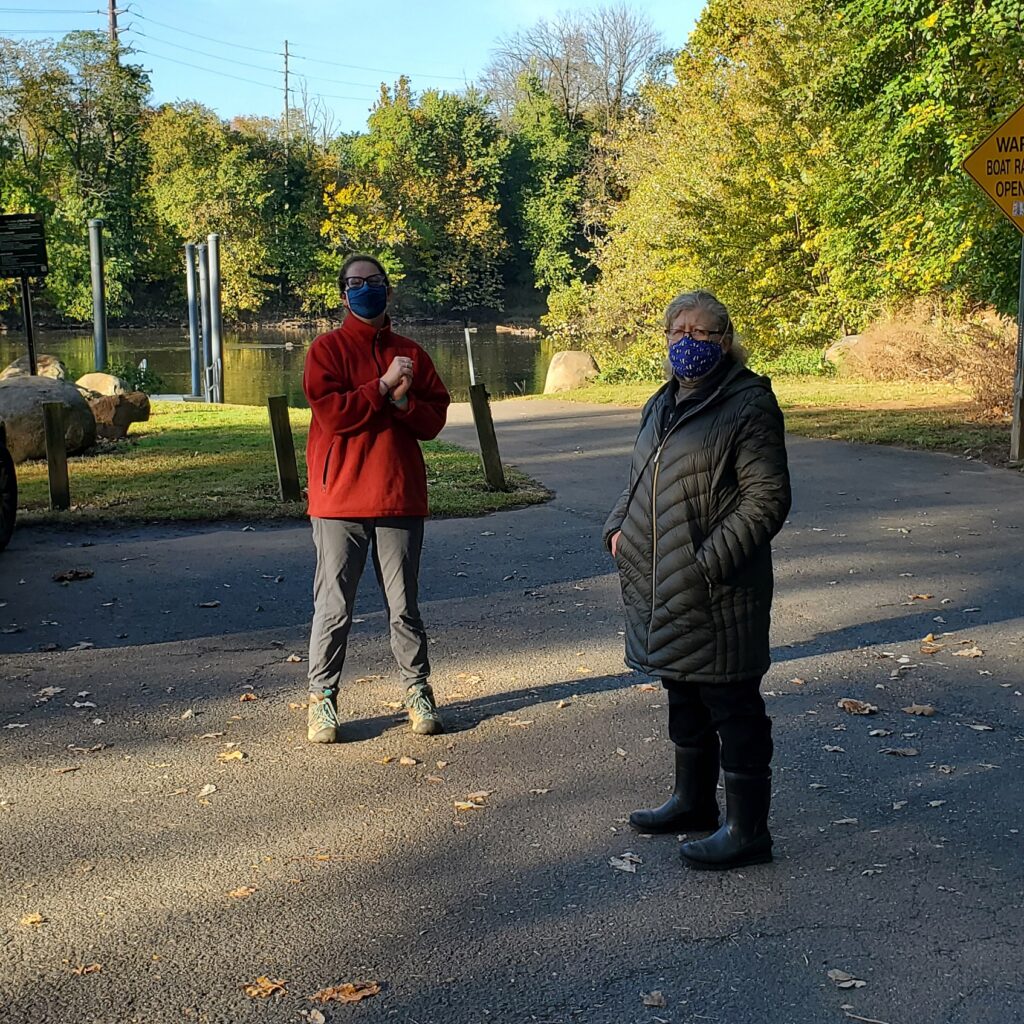
We talked with Marcia and Caitlin about social barriers and physical obstacles to enjoyment of blue or green spaces or parks. In preparation for our listening session on Social Justice and Access to Nature, we identified a number of barriers to accessing nature. All of the below we observe as issues at non-bathing public access beach pathogens monitoring sites. These include:
-Difficulty in accessing green/blue or park space because of landscape design
-Difficulty in accessing green/blue or park space because of cost
-Not feeling welcome in a natural blue/green space or park because of economic status, or ethnic or cultural difference
-Cultural and/or language restriction present other barriers to enjoyment of time in natural spaces
-Bullying behaviors or material obstacles limit enjoyment of time in natural spaces for persons with disabilities
-Fear, anxiety, or feelings of helplessness in the face of crime limits time in natural spaces
What obstacles or barriers have we missed?
